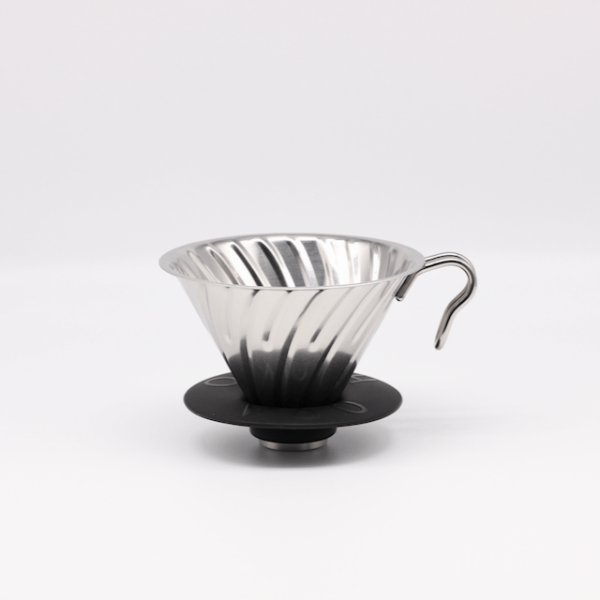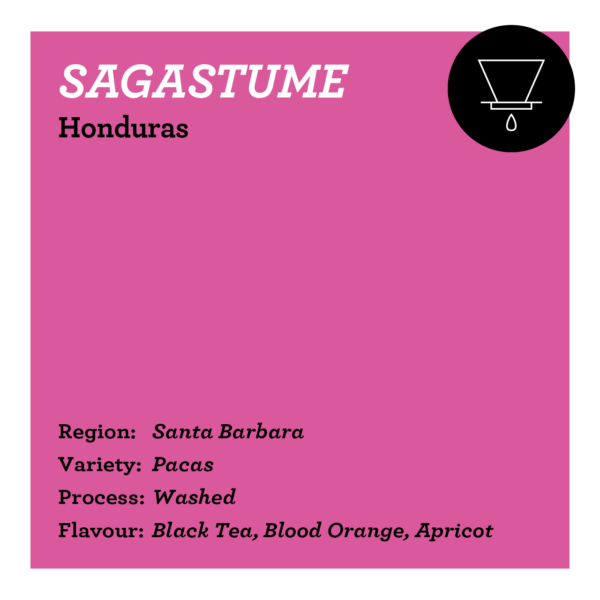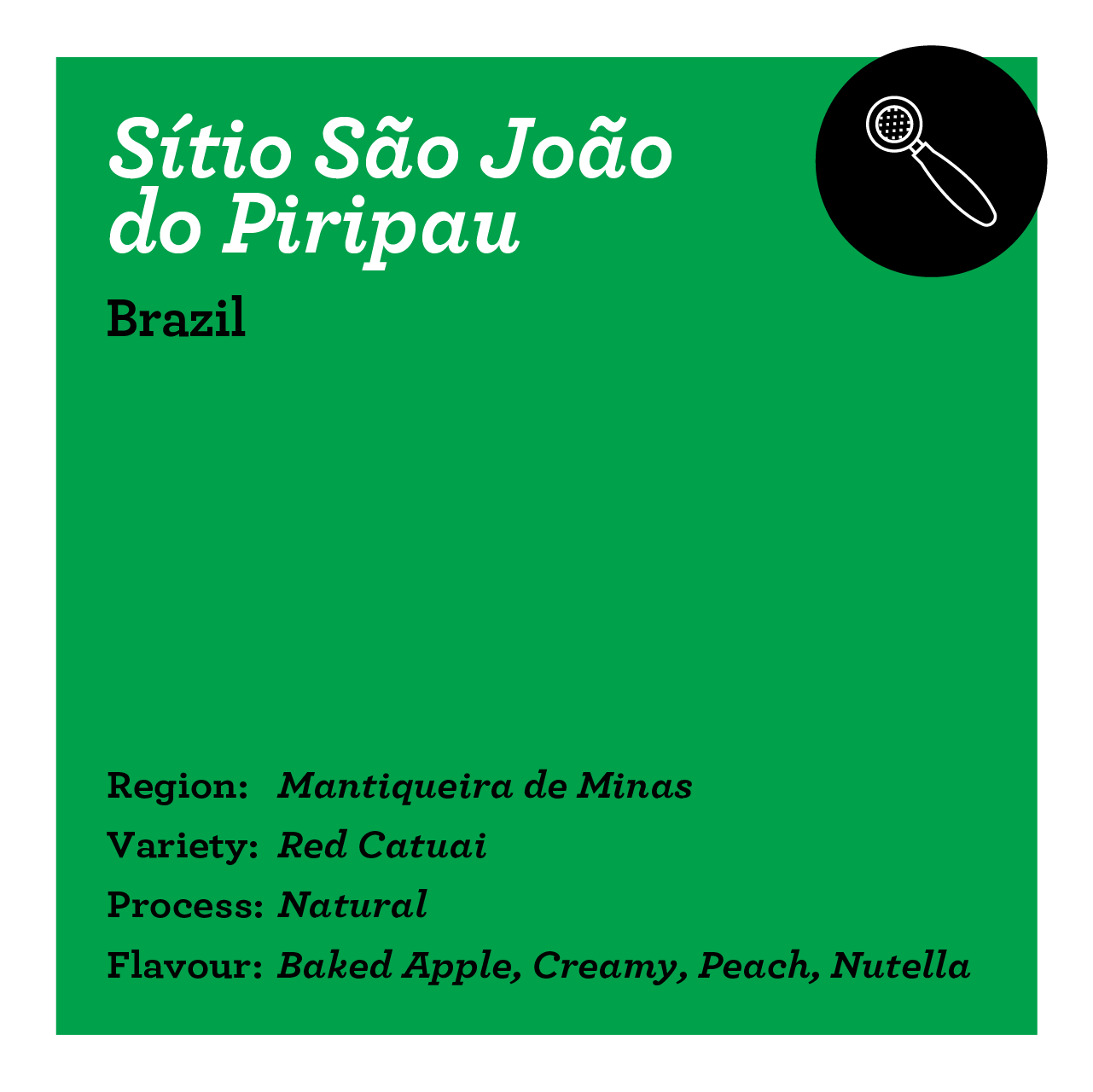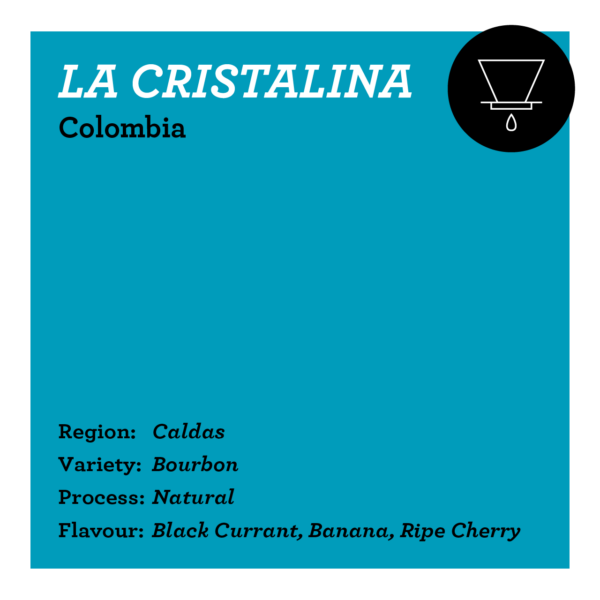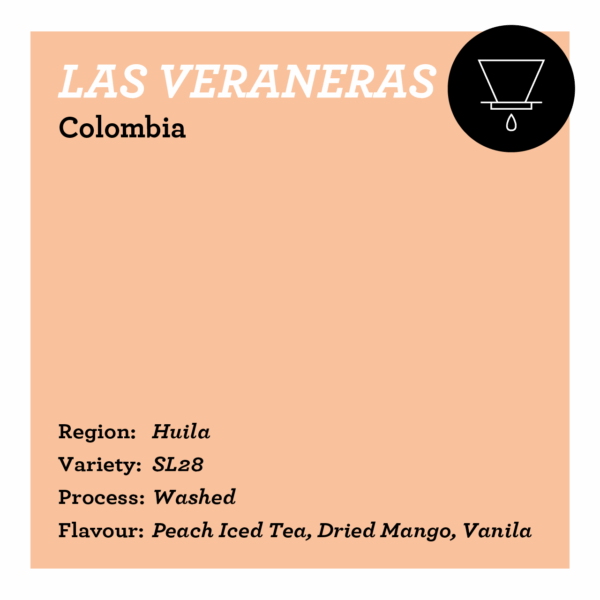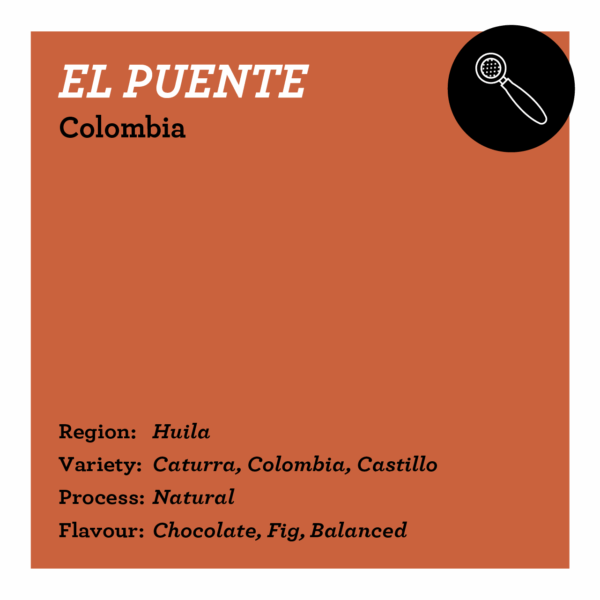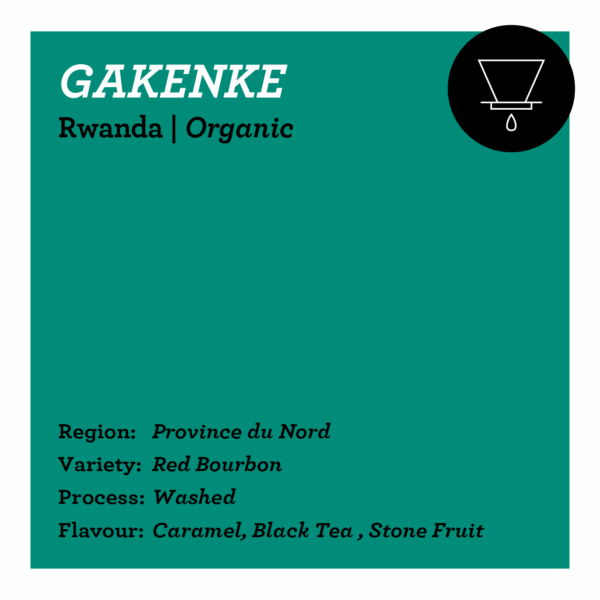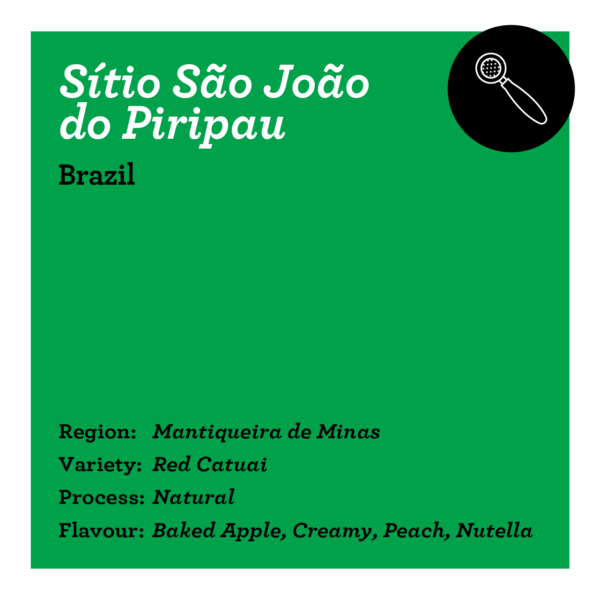José Celio began his journey in coffee farming as a child alongside his father and grandfather. Their livelihood in coffee was also a tradition, an inheritance passed down through generations. When José Celio started his own family and acquired his own property, he taught his son Jose Mateus the art of coffee cultivation and an extension of the family’s legacy. Together, they work on their property of 6 hectares,
where 5 hectares is planted with coffee of the varieties Red Catuai and Mondo Novo producing approximately 100 bags annually.
This lot of Red Catuai coffee underwent Natural processing. Catuai was made by the Instituto Agronomico (IAC) of Sao Paulo State in Campinas, Brazil by crossing Mundo Novo and Caturra varieties. Catuai coffees are cultivated widely across Brazil, and are known for their high productivity potential.
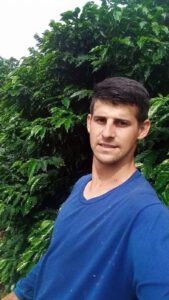
Region Description:
Located on the northern side of the Serra da Mantiqueira mountain range in the southern part of the state of Minas Gerais, the Mantiqueira de Minas region is a demarcated area of 25 municipalities. It is officially recognized as an Indication of Origin for its tradition and worldwide reputation of producing coffees with unique sensory profiles.
Most producers in the region are smallholders who operate family farms. The region is differentiated by the unique terrain and the resulting characteristics that the terroir leads to in the cup. Coffees from Mantiqueira de Minas reflect both the place itself and the committed work of its producers. Mantiqueira includes more than
8,200 producers, 82% of whom are smallholders, and 56,000 hectares of mountain land planted with coffee. Most harvesting is still completed manually, and this and other practices keep the regional cultural heritage of coffee farming alive while at the same time pursuing new flavors.
